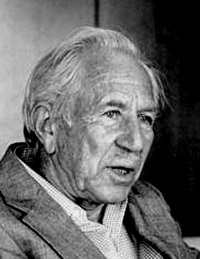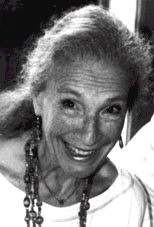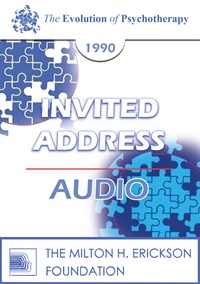EP90 Invited Address 07a - Bioenergetic Analysis: Engaging the Body in the Therapeutic Process - Alexander Lowen, MD
- Average Rating:
- Not yet rated
- Topic Areas:
- Invited Addresses | Bioenergetics | Mind-Body | Psychotherapy
- Categories:
- Evolution of Psychotherapy | Evolution of Psychotherapy 1990
- Faculty:
- Alexander Lowen, MD | Miriam Polster
- Duration:
- 1 hour 28 minutes
- Format:
- Audio Only
- Original Program Date:
- Dec 14, 1990
- License:
- Never Expires.
Description
Description:
Recognition of body-mind unity requires acceptance of the fact that the body in its form and motility expresses the individual's personality as much as behavior and thinking. If there is to be a change in personality, the body must reflect that change. To change bodily attitude, one should work directly with the energy dynamics of the body. By mobilizing a person's energy, one opens up deep feelings that are otherwise inaccessible. This is critical in the treatment of depression which is directly connected to an energetic collapse in the body. The address will describe how one increases an individual's energy to promote his pleasure in life.
Educational Objectives:
- To list four physical signs of depression in a patient
- To understand the energetic base of the depressive reaction
- To understand how bodily attitudes determine feeling and behavior
- To understand the role of catharsis in the therapeutic process
*Sessions may be edited for content and to preserve confidentiality*
Credits
Faculty

Alexander Lowen, MD Related Seminars and Products
Alexander Lowen, MD, was an American physician and psychotherapist. A student of Wilhelm Reich in the 1940s and early 1950s in New York, he developed bioenergetic analysis, a form of mind-body psychotherapy, with his then-colleague, John Pierrakos. Lowen was the founder and former executive director of the International Institute for Bioenergetic Analysis in New York City.

Miriam Polster Related Seminars and Products
Miriam Polster, Ph.D, is co-director of the Gestalt Training Center in San Diego, and Assistant Clinical Professor at the Department of Psychiatry, School of Medicine, University of California, San Diego. Along with her husband, Erving Polster, she is co-author of a book on Gestalt therapy. She received her Ph.D. in Clinical Psychology from Case Western Reserve University in 1967.


